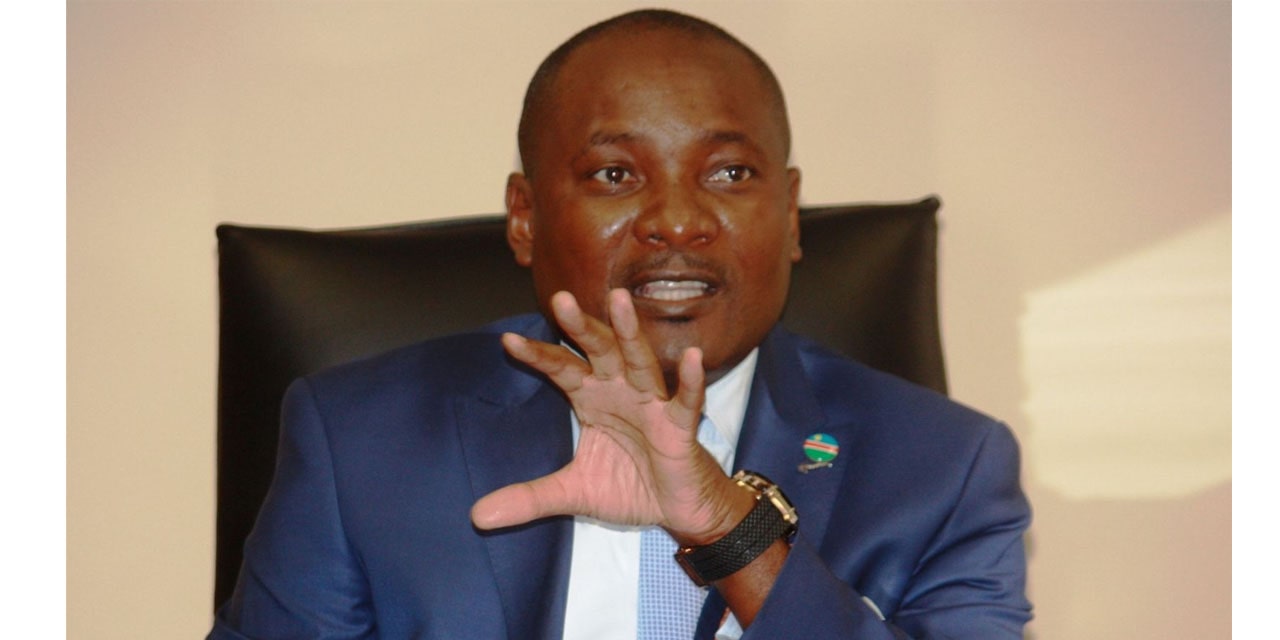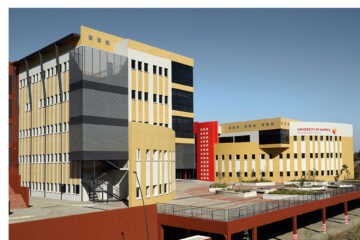Staff Writer
The Okongo Community Forest in the Ohangwena Region is a climate change project worth N$3 million called “Hydroponics Farming System” richer.
The project funded by the Environmental Investment Fund (EIF) and being implemented by the Okongo Community Forest is aimed at increasing resilience of vulnerable communities of the community forest to adapt to climate change threats through collective capacity building and promotion of climate smart technologies and climate resilient livelihoods.
Minister of Environment, Forestry and Tourism, Pohamba Shifeta said climate change has harmed Namibia as a whole, and the Ohangwena region in particular, making it one of the poorest regions in the country.
“These challenges need to be systematically addressed if more young people are to be developed. It is upon the government and relevant structures of authority to create an enabling environment from a policy point of view for youth development. I therefore urge the community of Okongo area especially the youth, to proudly safeguard this investment and transform their livelihood to reduce the number of our young people who are migrating to urban areas hoping for a better life, but in reality, rural economic transformation is the better life,” stated Shifeta.
Shifeta said nearly 70% of Namibia’s population is directly dependent on subsistence agriculture and livestock farming, presenting a national impediment to fight climate change as it presents a serious challenge to our community livelihoods.
The minister handed over three completed greenhouse units, a hydroponic unit for fodder production, a nursery, one borehole retrofitted with solar as well as a 10 000-liter water tank, and a cold storage facility.
The project which has employed two permanent workers and 65 temporary workers has recorded its bumper harvest early this year and generated an income of N$30 000 demonstrating capacity of a business venture.
EIF is Namibia’s own response to the growing global need for green financing. Established in terms of the Environmental Investment Fund Act, Act 13 of 2001 with a mandate to raise funding for investments into projects and programmes that promote sustainable development it is currently one of the fastest growing green and climate financing institutions in Africa. As part of its vision to be “a recognized leader in the development and application of innovative financing mechanisms to support sustainable development and ensuring inclusive development for all the people of Namibia.
Amongst its recognizable impacts to date since inception, the Fund has disbursed grants valued at more than N$583 million, ensured that more than 240 256 hectares of land are under conservation, 71 grants approved for different environmental projects, created more than 950 employment opportunities mostly rural based and include season ones and retrofitted 169 boreholes that benefitted more than 77 000 who now have access to portable drinking water and attracted N$820 million for concessional Green Credit Line with participating commercial bank from Agence Française de Développement (AFD) under the SUNREF project in Namibia. To-date attracted and mobilised more than N$3 billion mostly from multilateral and developmental funding institutions and partners.




